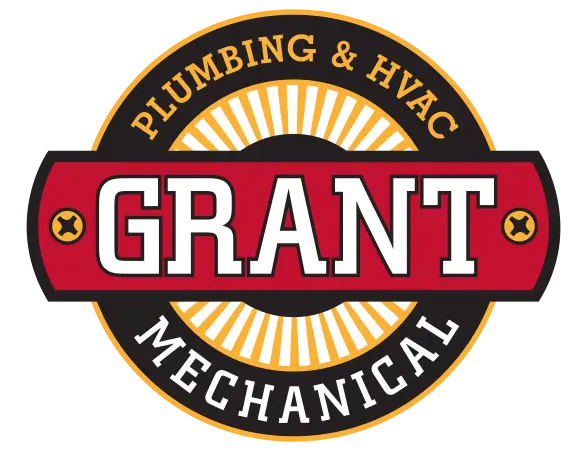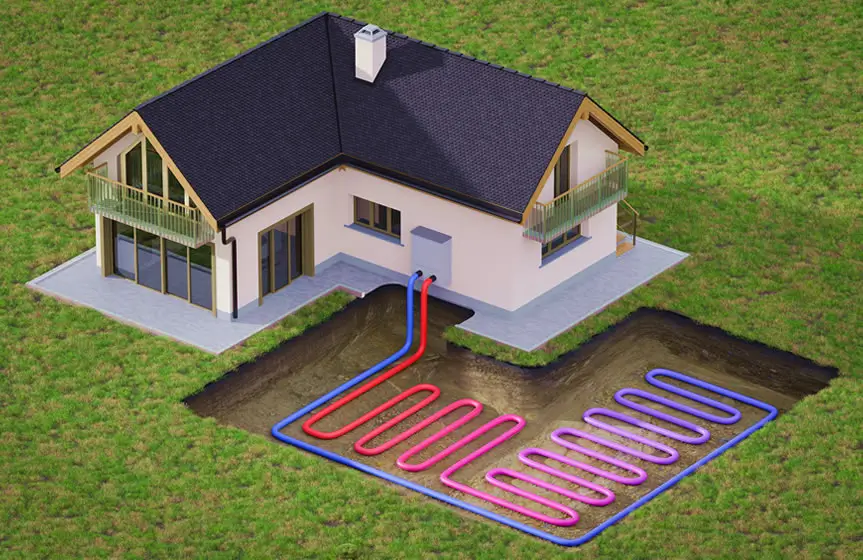Why Geothermal Systems Are the Future of Home Heating and Cooling
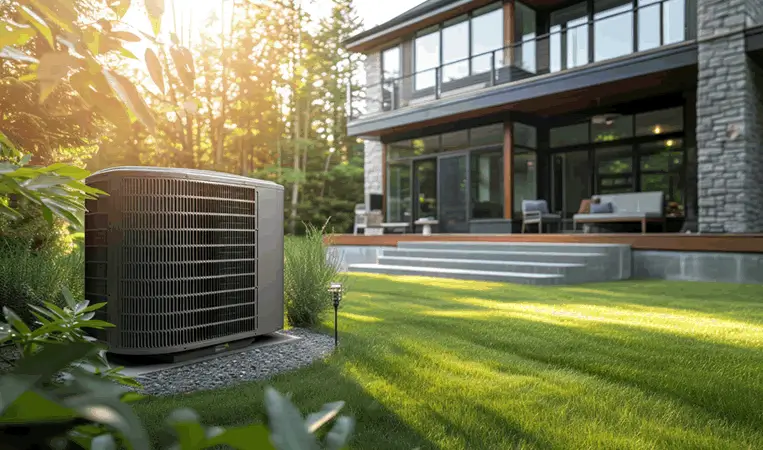
Introduction to Geothermal Heating and Cooling: What Is It? How Does It Work?
When you hear the term “geothermal,” you might think of hot springs or volcanic geysers. But did you know that geothermal energy is also a highly efficient way to heat and cool your home? In Northern Michigan, particularly around Traverse City, geothermal systems are making waves as the eco-friendly choice for savvy homeowners.
What Is Geothermal Heating and Cooling?
Geothermal heating and cooling use the stable temperature of the earth to regulate your home’s climate. While the air temperature outside can fluctuate wildly (we’re looking at you, Michigan winters!), the ground a few feet below the surface remains relatively constant. This steady temperature provides a reliable source of heating in the winter and cooling in the summer.
How Does It Work?
Here’s a quick rundown on how geothermal systems work:
- Underground Loops: A series of pipes, called loops, are buried in the ground near your home. These loops circulate a mixture of water and antifreeze.
- Heat Exchange: In the winter, the fluid in the loops absorbs heat from the ground and carries it into your home. In the summer, the process reverses, and heat from your home is transferred back into the ground.
- Heat Pump: A geothermal heat pump inside your home extracts the heat from the fluid in the loops and distributes it via your ductwork, just like a conventional HVAC system.
So, you get the warmth and comfort of traditional heating and cooling without the fossil fuels or extreme utility bills. Who knew Mother Earth could be such a reliable HVAC technician?
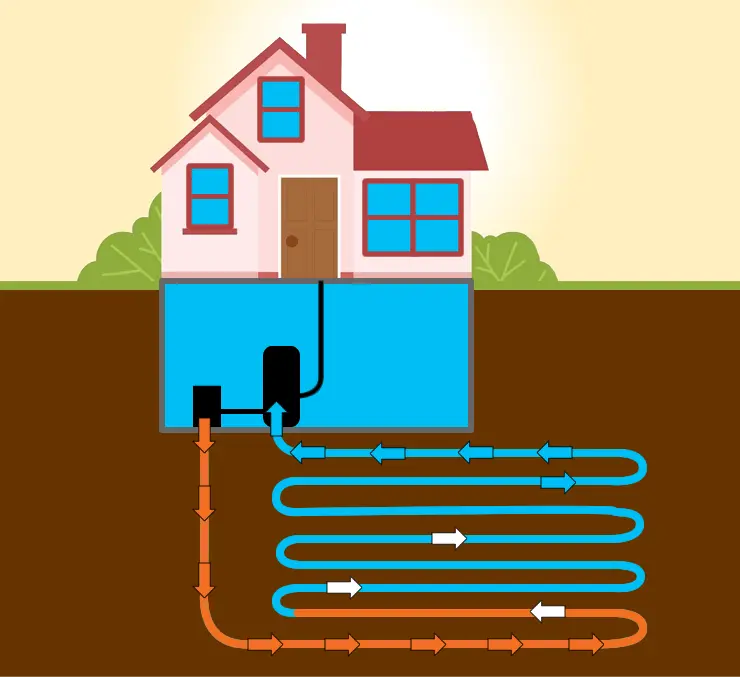
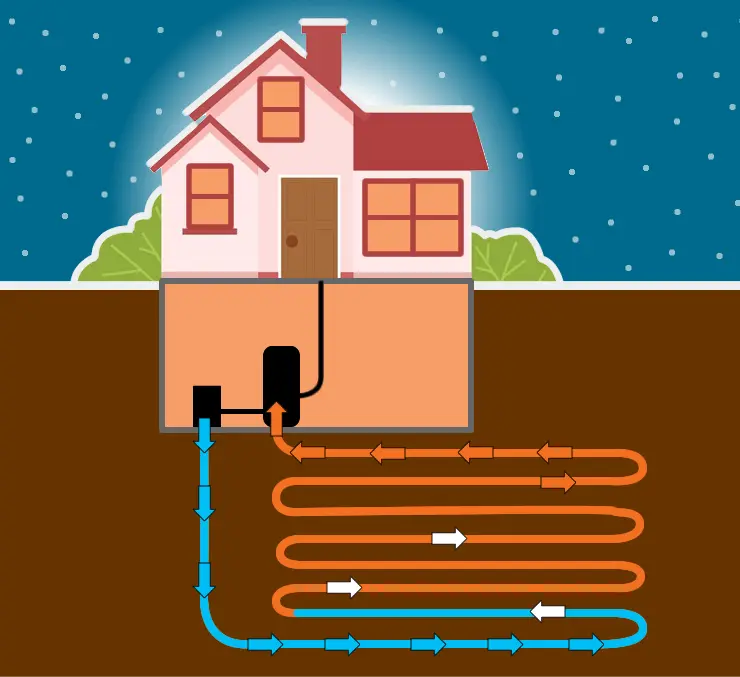
The Environmental and Financial Benefits
Why should you consider geothermal for your home in Traverse City? Here are a few reasons:
- Energy Efficiency: Geothermal systems are incredibly efficient, using up to 50% less electricity compared to traditional HVAC systems. This means you’re not just saving money—you’re also reducing your carbon footprint.
- Long-term Savings: Although the initial installation cost might seem steep, geothermal systems typically pay for themselves in 5-10 years through energy savings. Plus, they can last up to 25 years for the indoor components and 50+ years for the ground loop.
- Environmental Impact: Geothermal systems produce zero carbon emissions on-site. So, not only are you saving green, but you’re also going green!
The Future of Home Heating and Cooling
As energy costs continue to rise and the call for sustainable living grows louder, geothermal systems are proving to be the future of home heating and cooling. They offer a solution that is both eco-friendly and economically smart.
Grant Mechanical is proud to bring this cutting-edge technology to the residents of Northern Michigan. With our expertise and commitment to quality, we’re ready to help you make the switch to geothermal.
Let’s harness the power of the earth and create a more sustainable future, one home at a time. Contact us today to learn more about how geothermal heating and cooling can benefit your home.
Financial Incentives
PLEASE NOTE: Credits and Incentives below are subject to change. Always do your research before purchasing new HVAC equipment to see what you could qualify for.
There are several financial incentives available for geothermal installations in Michigan that can help offset the initial installation costs:
- Federal Tax Credit: Homeowners can take advantage of a 30% federal tax credit for geothermal heat pump installations under the Inflation Reduction Act (IRA). This credit is available for systems installed before January 1, 2033. The credit will gradually decrease to 26% in 2033 and 22% in 2034.
- State and Local Incentives: Michigan offers various state and local incentives for geothermal installations. These can include additional rebates and tax credits, so it’s worth checking with local utility companies and state energy offices for more information.
- Utility Company Programs: Many utility companies in Michigan have established incentive programs to help homeowners reduce their energy consumption. These programs often include rebates and other financial assistance for installing energy-efficient HVAC systems, including geothermal heat pumps.
- High-Efficiency Electric Homes Rebate Act (HEEHRA): This program provides rebates for low-income households to install heat pumps, electrical panel replacements, or electrical wiring replacements. Eligible households can receive 50-100% of their installation costs covered, with a maximum rebate of $14,000.
- Homeowner Managing Energy Savings (HOMES) Program: This program also offers rebates for energy-efficient home improvements, including geothermal heat pump installations. Homeowners can save even more by combining this program with other rebates.
These incentives make geothermal systems more affordable and help homeowners save on energy costs in the long run. If you’re considering a geothermal installation, it’s a good idea to explore these financial incentives and see how they can benefit you.
